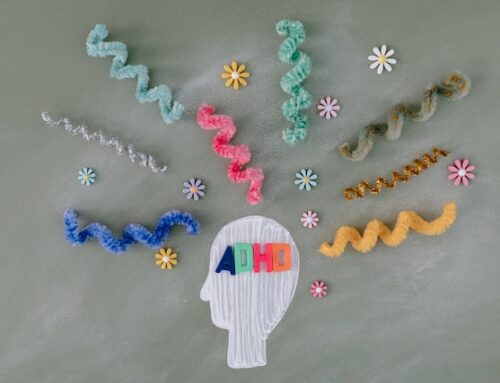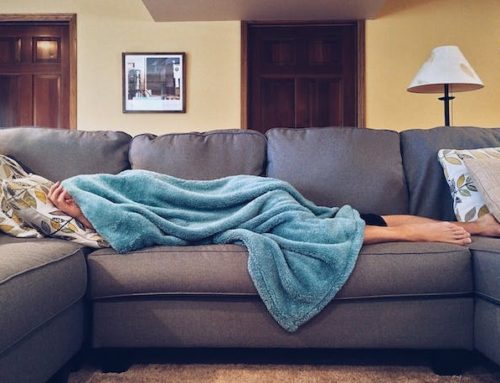When you’re feeling really low, it can be hard to see that things will be good again. During a downturn, you might lack the energy you need to increase your happiness. Maybe you’ve directed your disappointment inward; you don’t feel good about who you are anymore.
While physical exercise can’t make you happy, going for a run or to the gym can help combat the side-effects of sadness that are keeping you down. When you think about it, it makes sense—engaging in an activity that increases your optimism, energy levels, and self-esteem seems like a pretty good antidote to the blues.
What are endorphins and how do they increase your happiness?
As you go about your day, your brain is firing on all cylinders. In addition to sending messages and alerts throughout your body, your brain is also taking inventory and balancing levels of the different chemicals used to regulate your mood. In the same way a baker needs dough to make bread, your brain requires certain materials to be able to effect a certain state of mind. In the case of happiness, your brain partially relies on chemicals called endorphins.
Exercise gives your brain the fundamentals it needs to increase your happiness. When you work up a sweat, different areas all over your body, including your spinal cord and brain, pump endorphins into your system. The endorphins you produce are sensed by the receptors in your brain that evaluate pain. More endorphins means you’re more resilient and less susceptible to pain.
Endorphins are responsible for the famous “runner’s high.” The chemical boost provided after a good run triggers a sense of physical euphoria. In fact, the pain-sensing receptors that endorphins affect are the same receptors targeted by pain-relief medications like morphine; however, endorphins are naturally produced and don’t have the same negative side-effects as addictive medicines. The increase in positive sensations after exercise isn’t just physical. A runner’s high is often characterized by a happier outlook. In short, exercise can help you feel better about life and give you the energy you need to make a change.
In addition to shorter-term benefits like pain relief and the runner’s high, regular exercise helps you better manage stress and increases your energy levels over time. Running isn’t your only option—you can tap into the same physical and emotional benefits with yoga, dancing, swimming, or tennis.
How else can exercise increase your happiness?
The positive impact of exercise goes beyond a rush of endorphins.
- If you exercise regularly, chances are you’ll start to feel good about accomplishing personal goals and all the work you’re putting into being healthy.
- Inactivity can sometimes compound unhappiness if you’re left alone with negative thoughts. Conversely, getting out and doing something can take your mind off whatever is keeping you down. At the very least, doing something active can help combat the sense of powerlessness that sometimes comes along with feelings of depression.
- Another important character in the story of your happiness is the sleep you get each night. A little bit of exercise during the day can help you sleep more soundly.
- Exercise often takes you outdoors. In as little as 15 minutes under the sun each day, you can absorb enough vitamin D to keep you feeling upbeat. Getting out of town and spending time in the open air has also been associated with improved mental health.
- Making even light exercise a fixture in your life boosts your immune system. When you feel good physically, it’s usually easier to handle life’s curve-balls.
- Sports can also be a great way to meet people—if you’re feeling lonely or isolated, playing a pick-up game with others just might increase your happiness.




